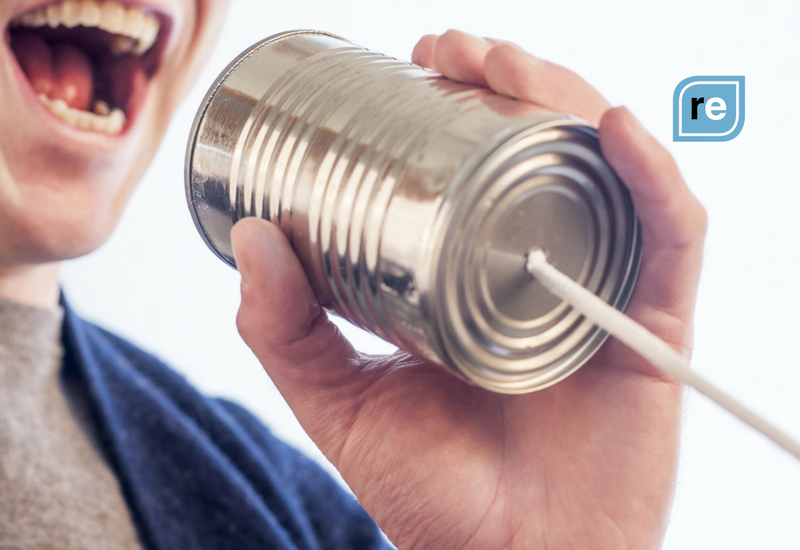
Are you satisfied at work? If your answer is “yes,” you probably enjoy your boss and coworkers as much as your actual job tasks.
In order to be happy in our careers, it is necessary to enjoy the culture of our workplace. The people around us have a profound impact on our attitude, happiness and work performance. As University of Michigan Professor Wayne Baker and his colleagues reported earlier this year, this is due to what is called “relational energy.”
Relational energy is the energy that we “catch” from others. We prefer being around people who smile warmly and ask about our lives, continually offer help and support, give profuse praise and appreciation and never seem to have a bad day. Being around these people lifts our spirits, boosts our energy and helps us to excel at work.
Having a coworker who energizes us is important, but it is our boss who has the greatest effect on our work performance. Through studies on employee engagement and job performance, Baker found that workers who had energizing leaders were more engaged at work, which led to greater productivity and job success.
Just as the best leaders and coworkers feed us energy, the worst ones actually de-energize us. These are the people who discourage or intimidate, rarely give praise or express gratitude, don't offer help or guidance and generally don't show interest in anyone's work, including their own.
So how can we use this knowledge to become more energized at work? As leaders, how can we energize others around us?
1. Adjust your behavior.
Whether you are a leader or an individual employee, you have tremendous power to alter the culture of your workplace. As anyone who has worked on a small team knows, one person can make a huge difference. This one person has the potential to either motivate an entire staff or bring everyone down.
While people do gravitate towards naturally uplifting and charismatic people, you do not have to become a bubbly cheerleader to be an energizing person. According to Baker, energizing others is less about your personality and more about your actions.
When a coworker comes to you with a problem, listen completely. Be open to the opinions and suggestions of others, instead of trying to get them to come around to your point of view. Rather than coming up with reasons why something can't be done, focus on the possibilities. Look for the good in every situation, and banish negativity.
Increasing the relational energy you give to others will not only make the workplace more enjoyable, but it will also improve your work performance. This is because people will want to be around you and will offer you their time, talent, ideas and opportunities.

2. Recognize and appreciate others.
People are happiest in their job when they feel appreciated. This can be as simple as giving someone praise for a job well done, but can also include awards, raises and promotions. When people feel that their work matters, they are more engaged and willing to contribute.
As Forbes contributor Alexa Thompson writes, “Managers who make it a habit to send just one e-mail a day recognizing someone’s contribution, or executives who start meetings by focusing on positive strides or outstanding contributors, often find that a more positive tone follows naturally. Feeling appreciated, many experts say, is usually the first step to being truly satisfied on the job.”

3. Express gratitude.
Make a habit of saying “thank you.” Not only does it make the person feel valued, but it also motivates them to do more great work in the future, as researchers at the Wharton School at the University of Pennsylvania discovered.
As an experiment, the school divided their fundraising specialists into two groups. The first group made their usual calls to alumni to solicit donations. The second group received a pep talk from the director, who expressed gratitude for their efforts, before making their calls. The following week, the employees who received the pep talk made 50% more calls than the employees who did not.

4. Make new connections.
When we make new connections at work, we're exposed to people with different skill sets, knowledge and points of view. These people are valuable resources, and challenge us to grow in our positions.
Connecting with our coworkers also makes us happier and more engaged. "The more you feel support from an organization, the better job you will do," says Michael Kahn, a personal coach and psychologist in Maryland. "It creates the spirit of a team and helps you deal with the pressures of the job."
The easiest way to make new connections is to create or join a group. This could be a task force that solves a specific issue, a group that meets during lunch to learn a new skill, or a committee that plans company events. The group may also meet outside of work, such as a book club, softball team or for happy hour at a restaurant.

5. Laugh more.
Laughter has many benefits. It increases energy, reduces stress and anxiety, relieves pain and boosts our immune system. In the office, laughter strengthens our relationships, facilitates teamwork and helps diffuse conflict.
Although some people may think that humor distracts employees from their work, the opposite is true. In one study at Penn State University, researchers found that when managers used humor, their employees performed better.
Whether you make a new habit of giving praise, join your company's kickball team, or try to infuse humor into your meetings, you'll increase the relational energy you give to others. In turn, you'll be rewarded with a happier and more productive workplace, and maybe a few new friends.











